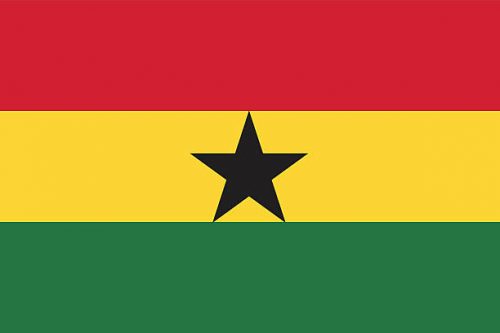Ghana gives govt. workers allowance to cushion inflation effect

The Ghanaian government has decided to give 15 per cent allowance to government employees to cushion the effects of high inflation in the country. The allowance, tagged ‘base pay cost of living allowance’ (COLA), will be added to workers’ basic salary, excluding benefits and bonuses.
Kojo Oppong Nkrumah, Ghana’s information minister, said that the government took the decision after consultations with organised labour and other stakeholders.
“Government and organised labour have concluded negotiations for Cost of Living Allowance. A 15 per cent allowance has been agreed effective July 1. Government is keen on mitigating the impact of global challenges on the people of Ghana,” Mr Nkrumah announced.
President Nana Akufo-Addo had previously directed the country’s finance minister, Ken Ofori-Atta, to begin formal discussions with the IMF to secure funding to address the nation’s economic problems.
Ghana’s inflation rate reached 27.6 per cent in June 2022.




